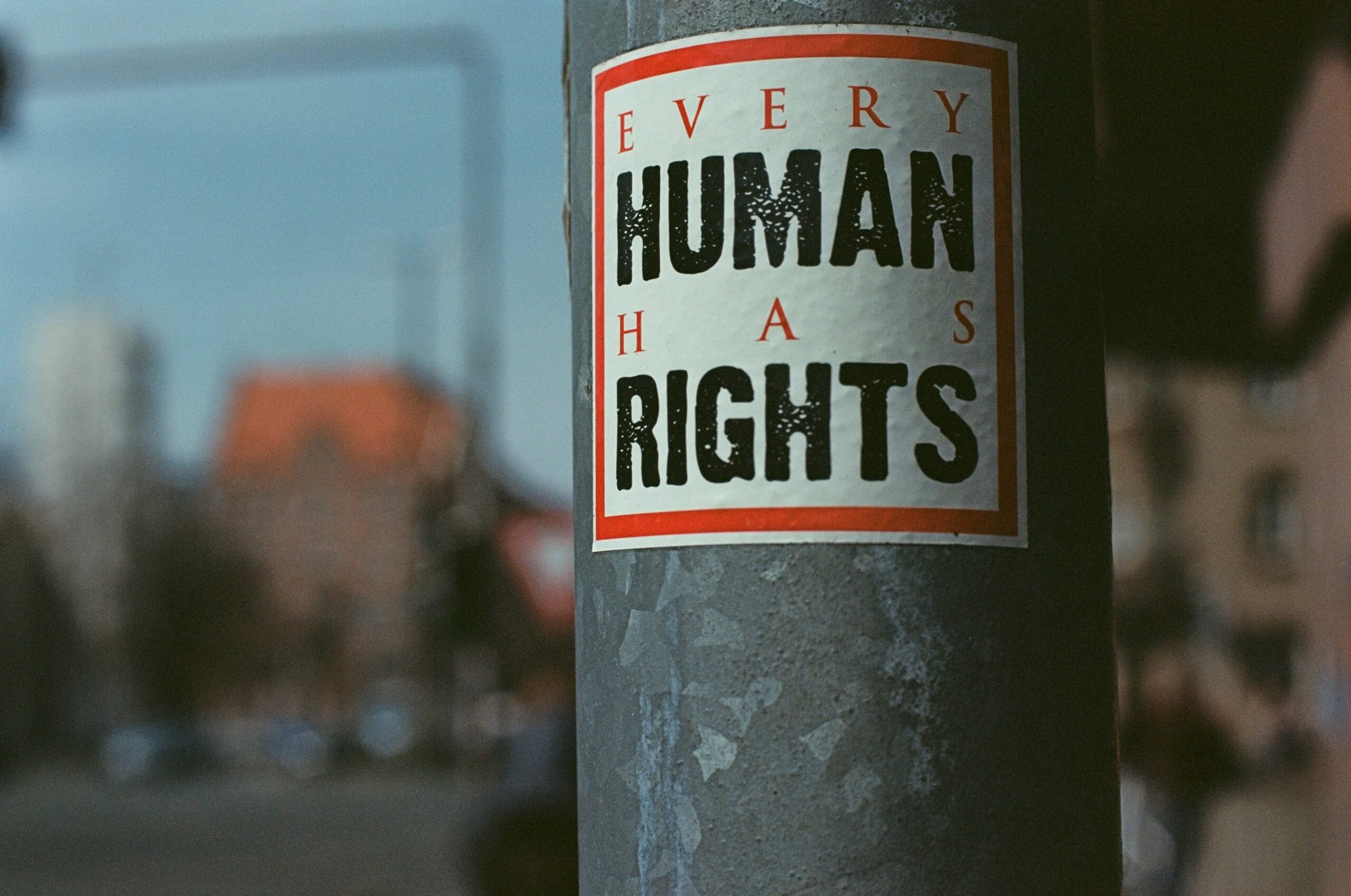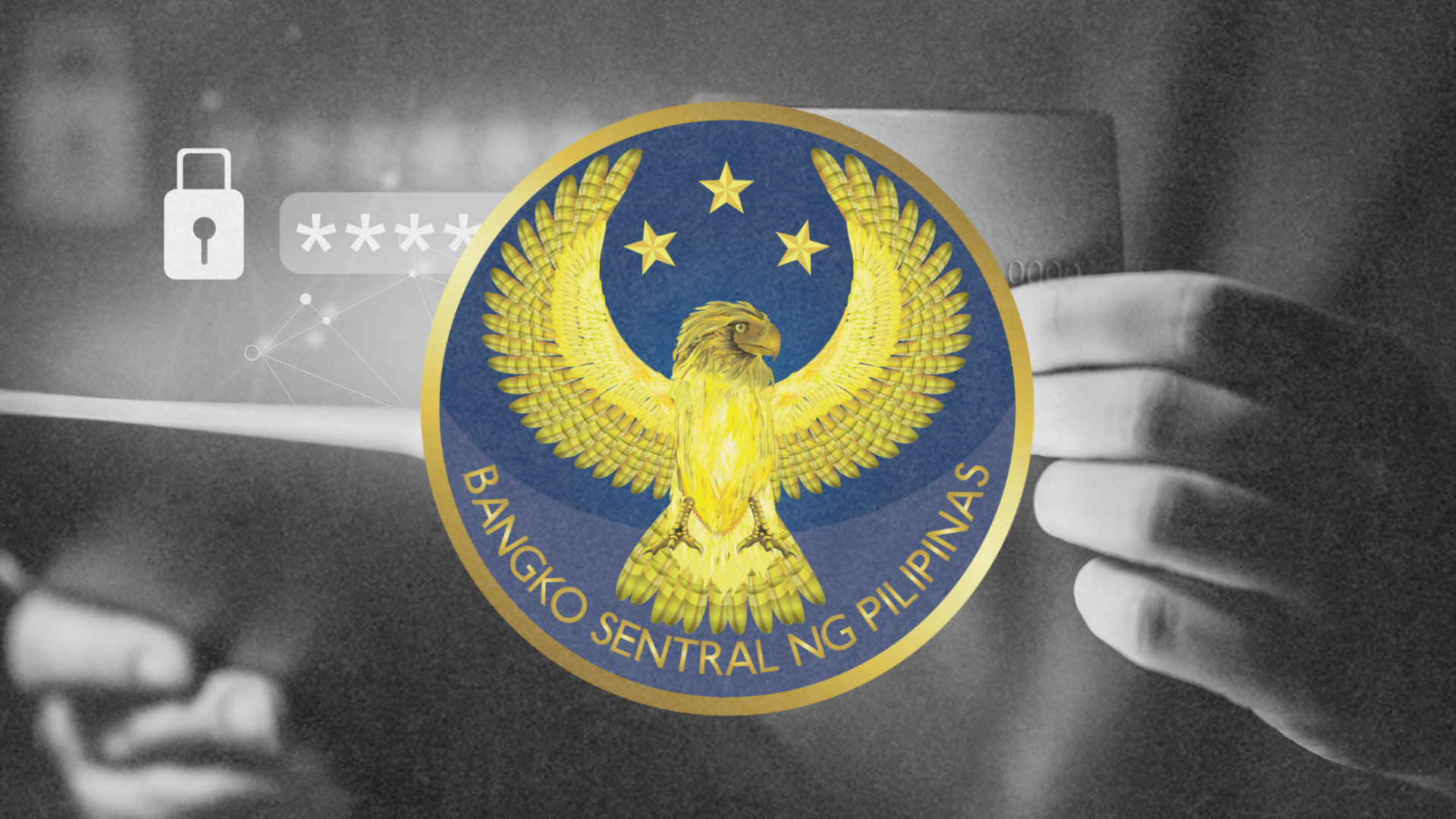The intersection of national security policies and human rights in the Philippines presents a complex and often contentious landscape. As the government intensifies its focus on security, questions arise about the impact on civil liberties, privacy, and the treatment of marginalized communities. This article delves into how security policies in the Philippines affect human rights, highlighting the delicate balance between ensuring safety and safeguarding freedoms.
The Expanding Horizon of Surveillance
Surveillance has become a cornerstone of the Philippine government’s approach to security, particularly in the digital age. The Anti-Terrorism Act of 2020, designed to address terrorism, has sparked debate over its implications for privacy and civil liberties. The Act’s broad definitions and sweeping powers have been criticized for potentially violating constitutional rights.
One notable case is the controversy surrounding the National Task Force to End Local Communist Armed Conflict (NTF-ELCAC). The task force has been accused of using surveillance to target activists and dissenters, raising concerns about the misuse of security tools. Activists like Maria Ressa, a journalist and vocal critic of the government, have faced harassment and threats, exemplifying how surveillance can sometimes cross the line into intimidation.
Civil Liberties Under Strain
The tension between security and civil liberties is evident in the Philippines’ handling of public dissent. During the COVID-19 pandemic, the government imposed strict lockdown measures to control the virus’s spread. However, these measures sometimes infringe on civil liberties. Reports of heavy-handed enforcement, including arbitrary arrests and excessive use of force, surfaced, disproportionately affecting the urban poor.
For instance, in Quezon City, the implementation of quarantine protocols led to incidents of alleged police brutality. Individuals were sometimes detained for minor infractions, raising questions about the balance between public health and individual freedoms. The pandemic underscored the need for a nuanced approach to policy enforcement that respects health and civil rights.
Marginalized Communities: The Double-Edged Sword of Security Policies
Marginalized communities in the Philippines often bear the brunt of security policies. Indigenous groups, such as the Lumad in Mindanao, have long been involved in land and resource rights conflicts. Security operations aimed at combating insurgency have sometimes resulted in violent clashes and displacement of these communities. For example, in 2021, clashes between the military and alleged insurgents in Mindanao led to the displacement of thousands of Lumad, exacerbating their already precarious situation.
The war on drugs, launched in 2016, has had a profound impact on urban poor communities. While intended to address drug-related crime, the campaign has been linked to numerous human rights violations, including extrajudicial killings. Reports from human rights organizations highlight how the campaign’s focus on impoverished neighborhoods has led to significant suffering among the urban poor, further entrenching societal inequalities.
Navigating the Future: A Call for Balance
As the Philippine government continues to navigate its security policies, balancing maintaining safety and protecting human rights remains crucial. The challenge lies in crafting policies that address genuine security threats without undermining fundamental freedoms and disproportionately impacting vulnerable communities.
Reforms emphasizing transparency, accountability, and respect for human rights are essential. Engaging with civil society organizations, listening to affected communities, and ensuring that security measures are applied relatively help mitigate the negative impacts of security policies.
The interplay between security and human rights in the Philippines reflects a broader global dilemma, where the quest for safety must be reconciled with the need to uphold individual freedoms. By examining the real-world effects of security policies on privacy, civil liberties, and marginalized communities, this article underscores the importance of striving for a just and equitable approach to national security. A commitment to safety and human rights will foster a more inclusive and resilient society as the nation moves forward.






